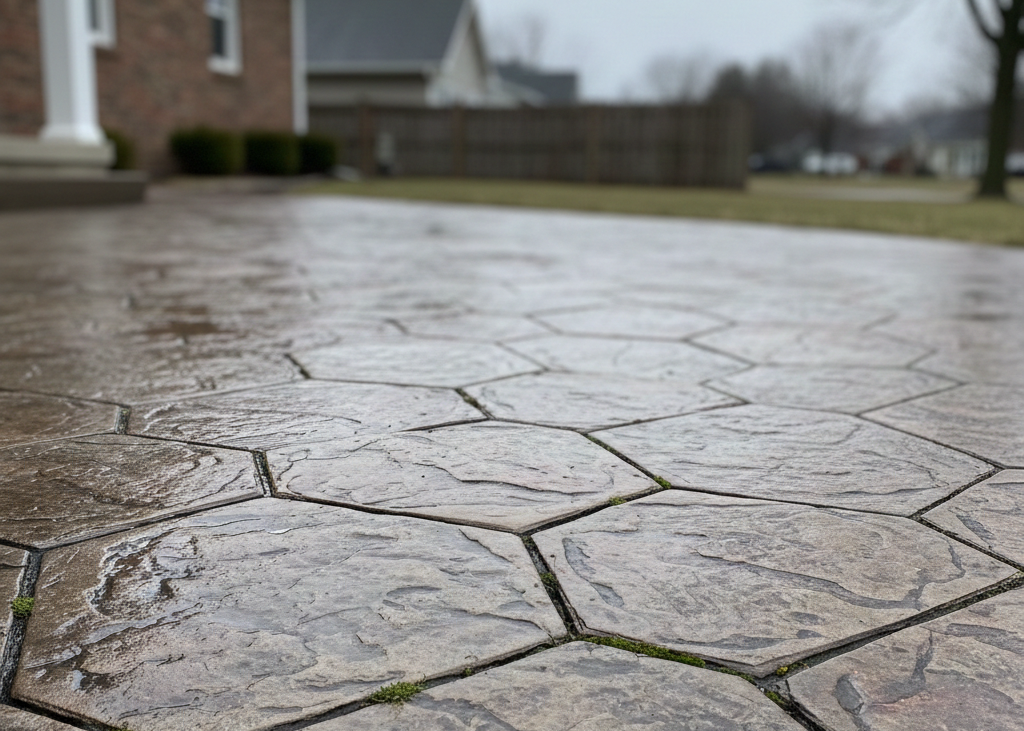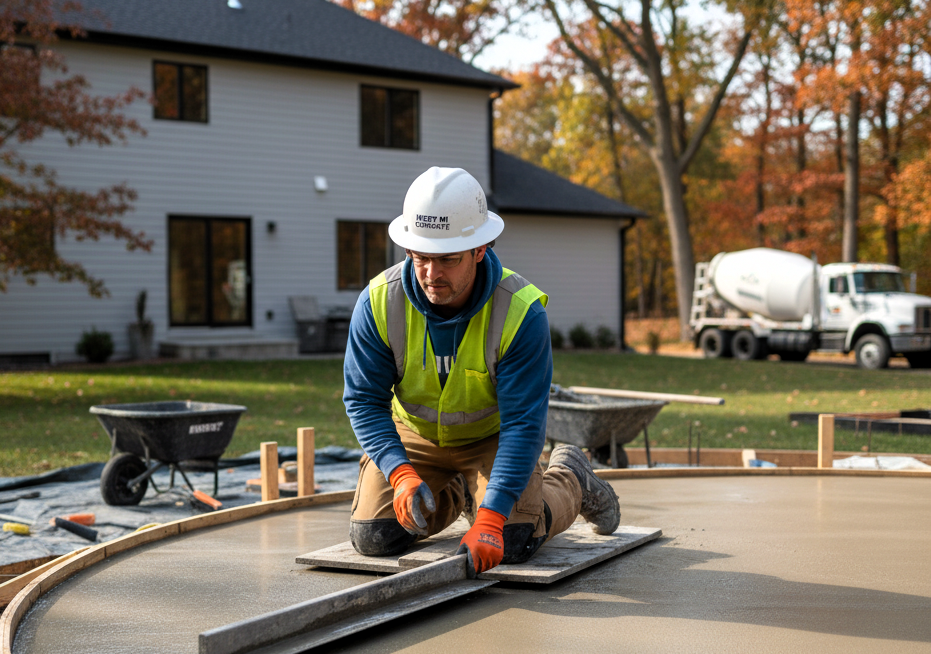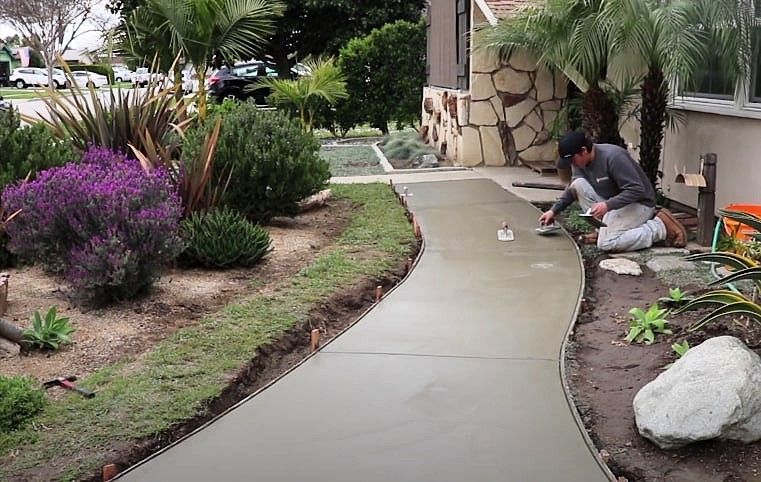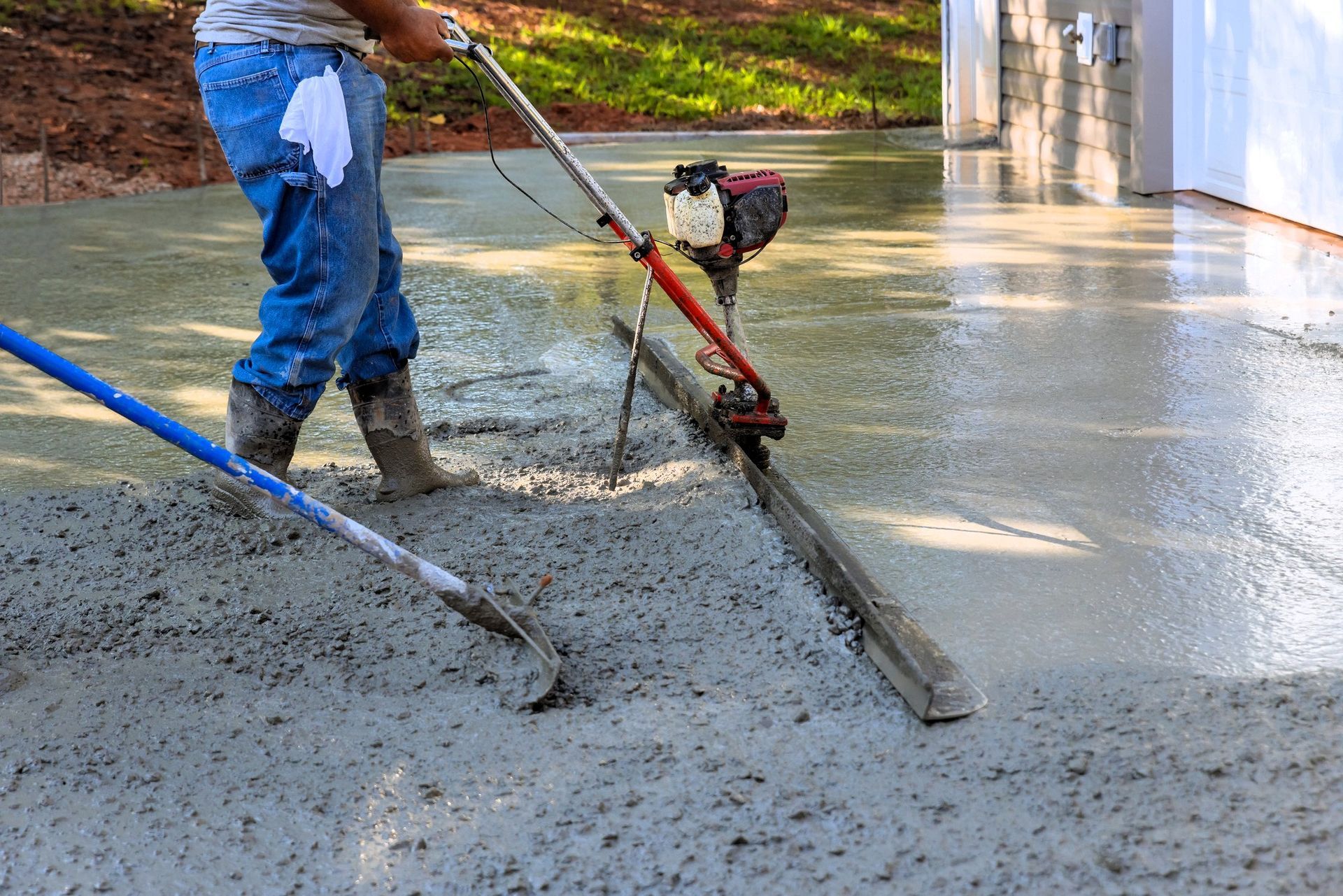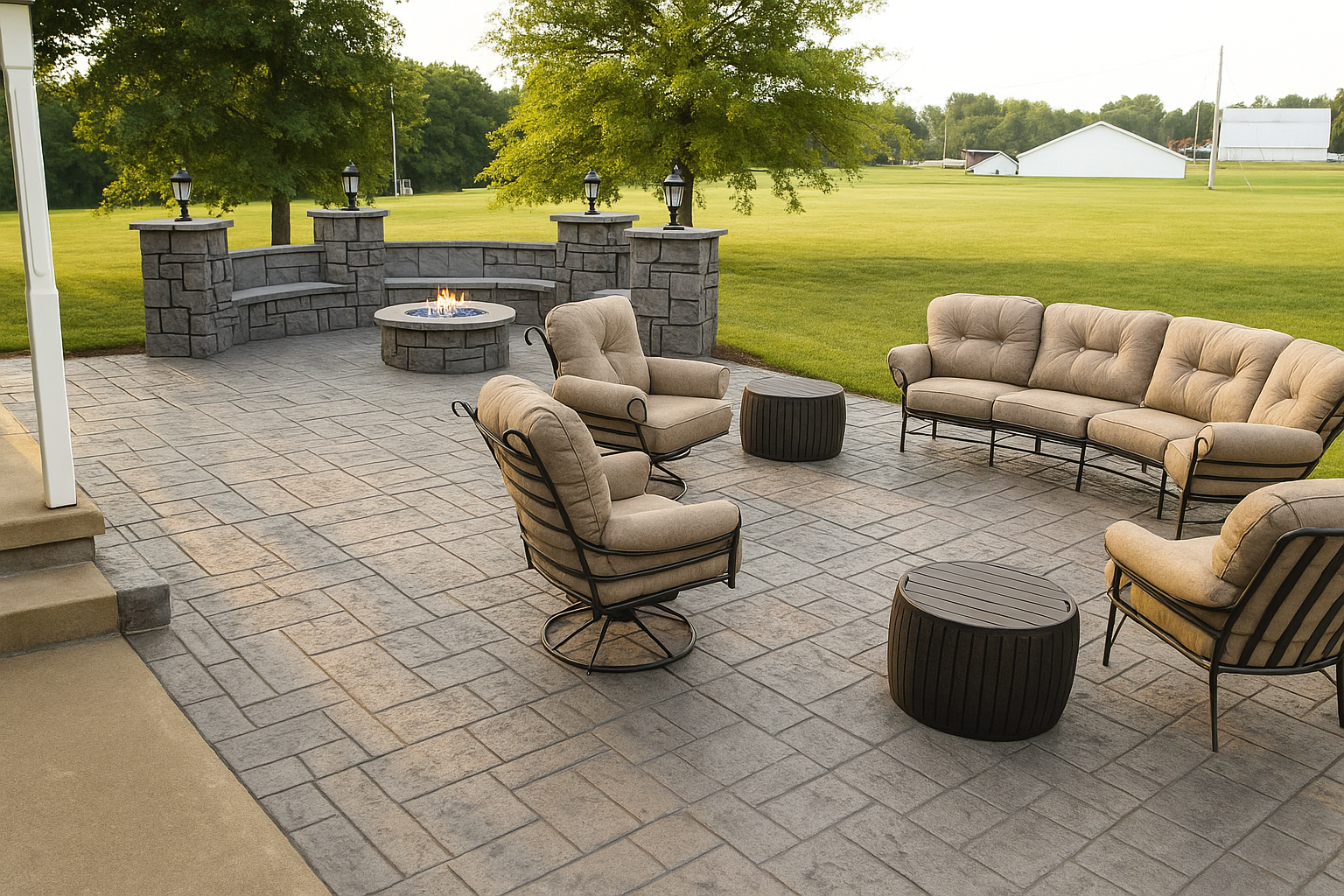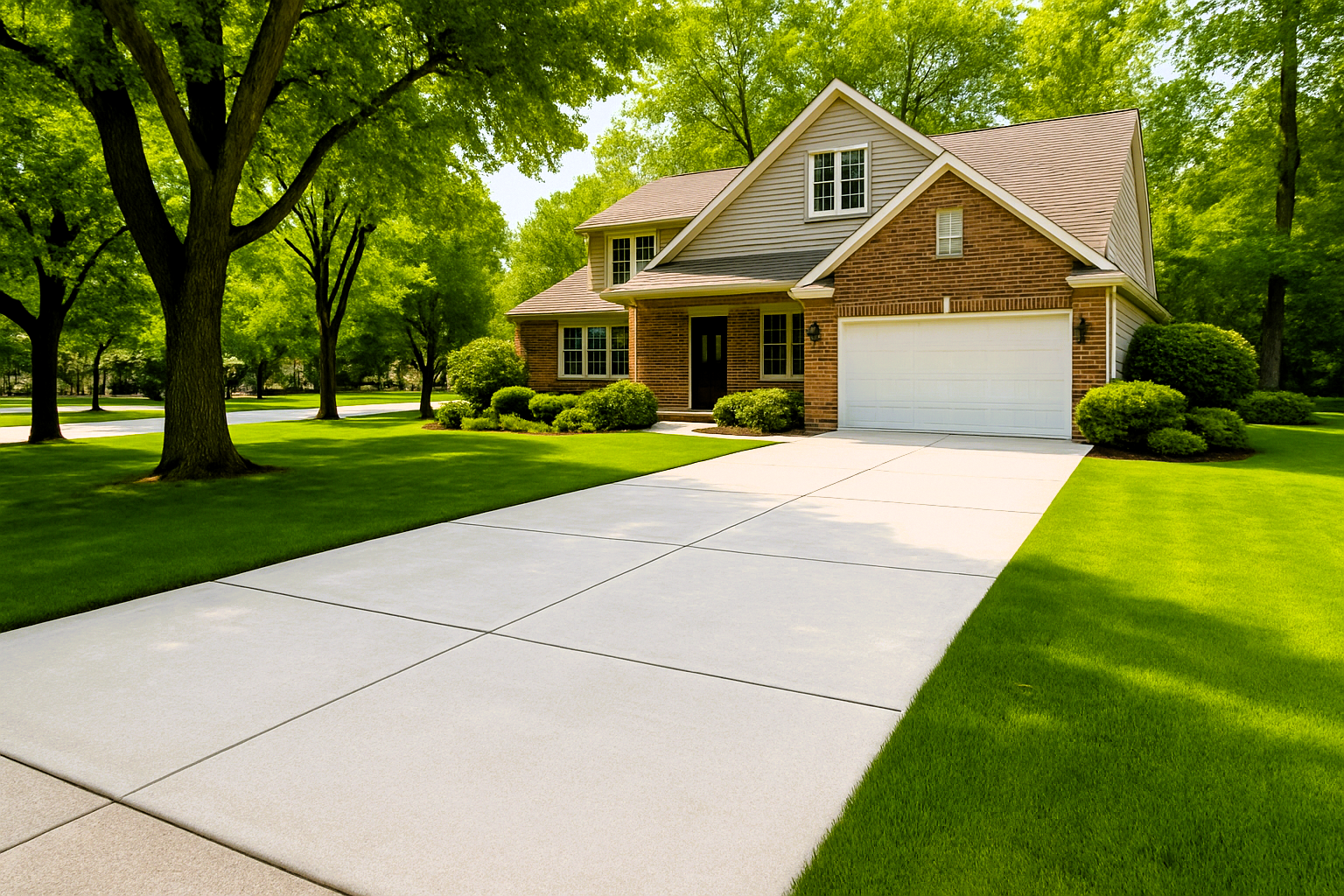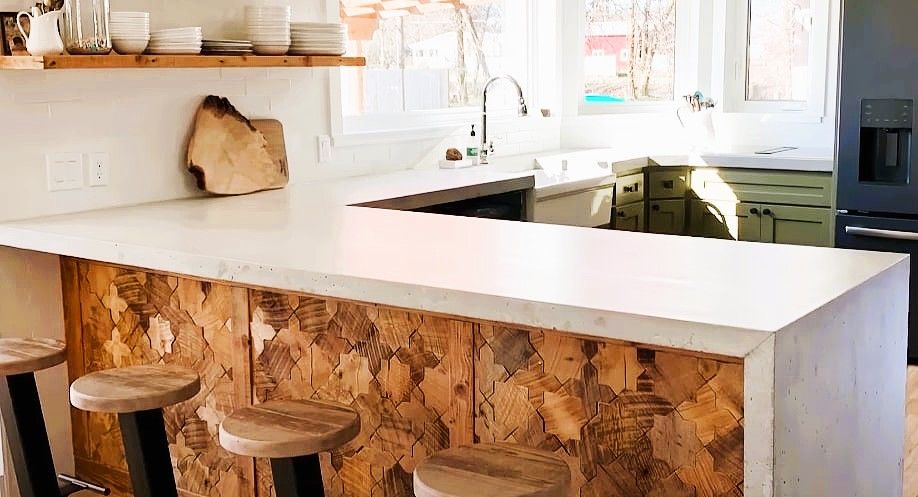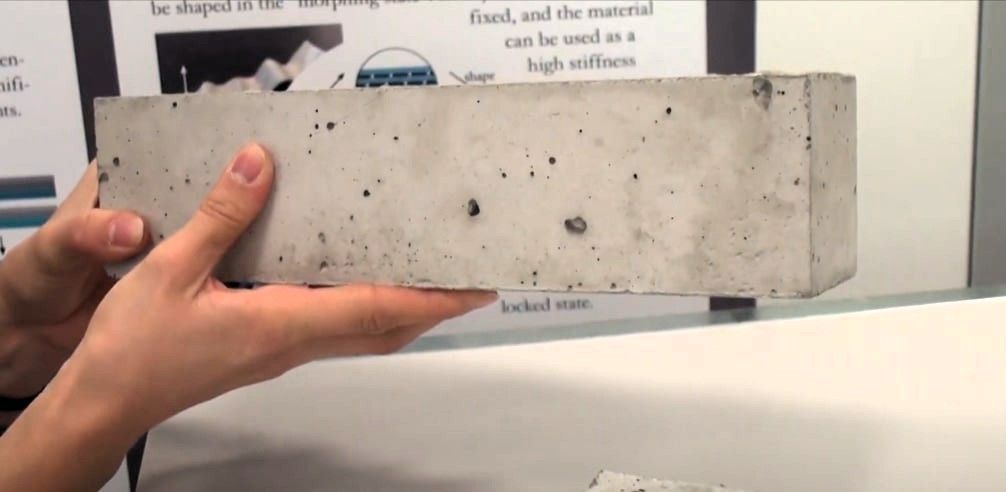Commercial vs. Residential Concrete: What’s the Difference?
The differences between residential and commercial concrete
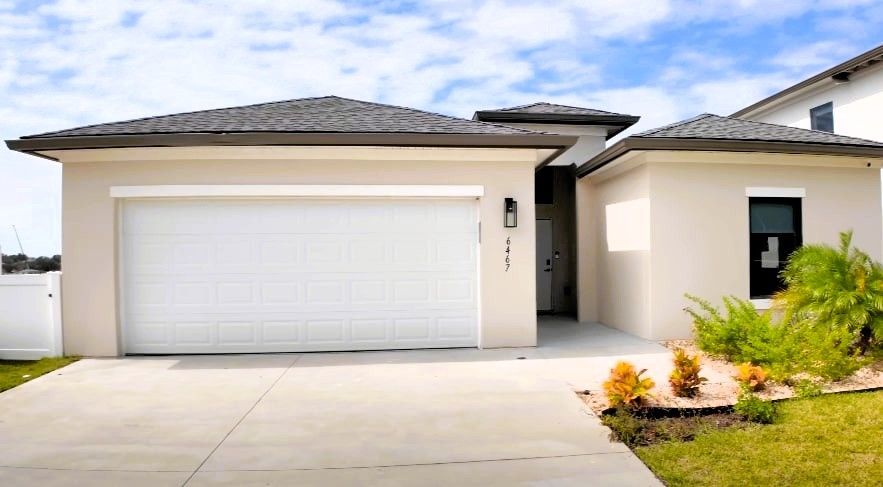
Concrete is everywhere—whether it’s the foundation of your home, the sidewalk you walk on, or the towering office buildings that define a city skyline. It’s the backbone of modern construction, providing the strength and durability that structures need to stand the test of time.
But here’s something many people don’t realize: not all concrete is created equal. The type of concrete used in a project depends on its purpose, scale, and structural demands. If you’re a contractor, property developer, or homeowner, understanding the key differences between commercial and residential concrete can help you make informed decisions that save time, money, and potential headaches down the road.
Purpose and Application: Where Does Each Type Fit?
Residential Concrete: Built for Everyday Living
Residential concrete is designed for smaller-scale projects—think single-family homes, duplexes, and small apartment buildings. It’s used for:
- Foundations – Providing stability and support for homes.
- Driveways – Durable surfaces built to handle daily vehicle traffic.
- Patios & Walkways – Functional outdoor spaces that often have an aesthetic touch.
In residential projects, concrete needs to be practical, but it’s also chosen with aesthetics in mind—homeowners want a surface that looks good while standing up to everyday wear and tear.
Commercial Concrete: Built for Strength and Scale
Commercial construction requires a tougher, more durable concrete mix. You’ll find commercial concrete in:
- Structural Components – Beams, columns, and slabs in large buildings.
- Parking Lots & Flooring – Surfaces designed to handle heavy machinery and constant foot traffic.
- Specialized Facilities – Hospitals, shopping malls, industrial plants—each with specific structural needs.
In commercial projects, functionality and durability come first. These structures must withstand higher loads, frequent use, and stricter safety standards, making the concrete mix and construction process much more intensive.
Load-Bearing Capacity: How Much Weight Can It Handle?
Residential Concrete: Enough for Daily Use
For homes, concrete needs to support standard household activities—from people walking across a patio to cars parked in a driveway. Since it doesn’t need to handle massive weight loads, residential concrete is designed with simpler structural requirements.
Commercial Concrete: Engineered for Heavy-Duty Performance
Now, think about the concrete in a warehouse, airport, or multi-story office building. It must support everything from delivery trucks to industrial equipment. That’s why commercial concrete is made to endure extreme pressure and stress over time.
- It’s thicker (usually 6–7 inches or more, compared to 4–5 inches in residential projects).
- It’s reinforced with steel rebar or post-tensioning cables.
- It’s formulated to last longer and resist cracking under heavy use.
When choosing concrete for a project, the question isn’t just, “Will it hold up?” It’s, “Will it hold up under constant pressure for years to come?”
Material & Mix: Why One Size Doesn’t Fit All
Residential Concrete: Standard, Cost-Effective, and Easy to Work With
Most residential concrete mixes are standard, pre-made formulations that balance affordability with durability. They’re designed to be easy to pour and finish, making them ideal for driveways, patios, and home foundations.
Commercial Concrete: Customized for Maximum Strength
Commercial concrete, on the other hand, is often customized for specific needs. Some projects require:
- High-strength concrete to support multi-story buildings.
- Fast-curing concrete to speed up construction timelines.
- Heat-resistant or chemical-resistant concrete for factories and industrial settings.
Because of these specialized needs, commercial concrete often involves advanced engineering and testing before it’s even poured.
Aesthetics: Beauty vs. Functionality
Residential Concrete: Designed to Look as Good as It Performs
For homeowners, concrete isn’t just about durability—it’s also about curb appeal. That’s why residential concrete often comes with decorative options, such as:
- Stamped finishes that mimic brick or stone.
- Stained or colored concrete for a custom look.
- Polished surfaces for a sleek, modern style.
Commercial Concrete: Focused on Performance (But Not Always Bland)
While commercial concrete prioritizes strength, it’s not always just a plain gray slab. Many commercial spaces—like retail stores or office lobbies—use polished or stained concrete to create a more inviting atmosphere. However, in warehouses, parking garages, and industrial facilities, function almost always takes precedence over design.
Compliance & Regulations: Following the Rules
Residential Concrete: Local Codes & Safety Standards
Home construction must follow local building codes, ensuring that foundations, driveways, and other concrete elements are safe and structurally sound. However, the regulations for residential projects are far less strict than those for commercial buildings.
Commercial Concrete: Meeting Higher Safety & Accessibility Standards
Commercial buildings face far more regulations, including:
- Structural safety standards for large buildings and parking structures.
- ADA compliance for ramps, sidewalks, and public access areas.
- Environmental regulations for materials and waste disposal.
Skipping compliance in a commercial project can lead to major fines, legal issues, or even structural failures, making adherence to regulations non-negotiable.
Cost: How Much Are You Looking at Spending?
Residential Concrete: Budget-Friendly & Practical
Residential concrete is more affordable due to:
- Smaller-scale applications (less material required).
- Standard mixes (no need for highly specialized formulas).
- Simpler construction methods (fewer reinforcements needed).
For homeowners and small developers, residential concrete offers a cost-effective solution without compromising durability.
Commercial Concrete: Higher Upfront Costs, But Built to Last
Because commercial concrete projects require:
- Larger quantities of material
- Stronger reinforcement techniques
- Stricter regulatory compliance
They cost significantly more upfront. However, the investment pays off in longevity, reduced maintenance, and better structural integrity over time.
Making the Right Choice for Your Project
Whether you’re pouring a patio for a new home or managing a large commercial development, choosing the right concrete is a critical step in ensuring long-term durability and success.
- For homes, standard residential concrete is often sufficient, affordable, and customizable.
- For businesses and large buildings, commercial concrete is stronger, more durable, and built to handle extreme demands.
At Holland Custom Concrete, we understand the unique needs of every project. Whether you’re tackling a small backyard upgrade or a large-scale commercial build, our team is here to provide expert guidance and high-quality solutions that meet your budget and timeline. Let’s build something solid—together.
Contact us today to discuss your project needs.

